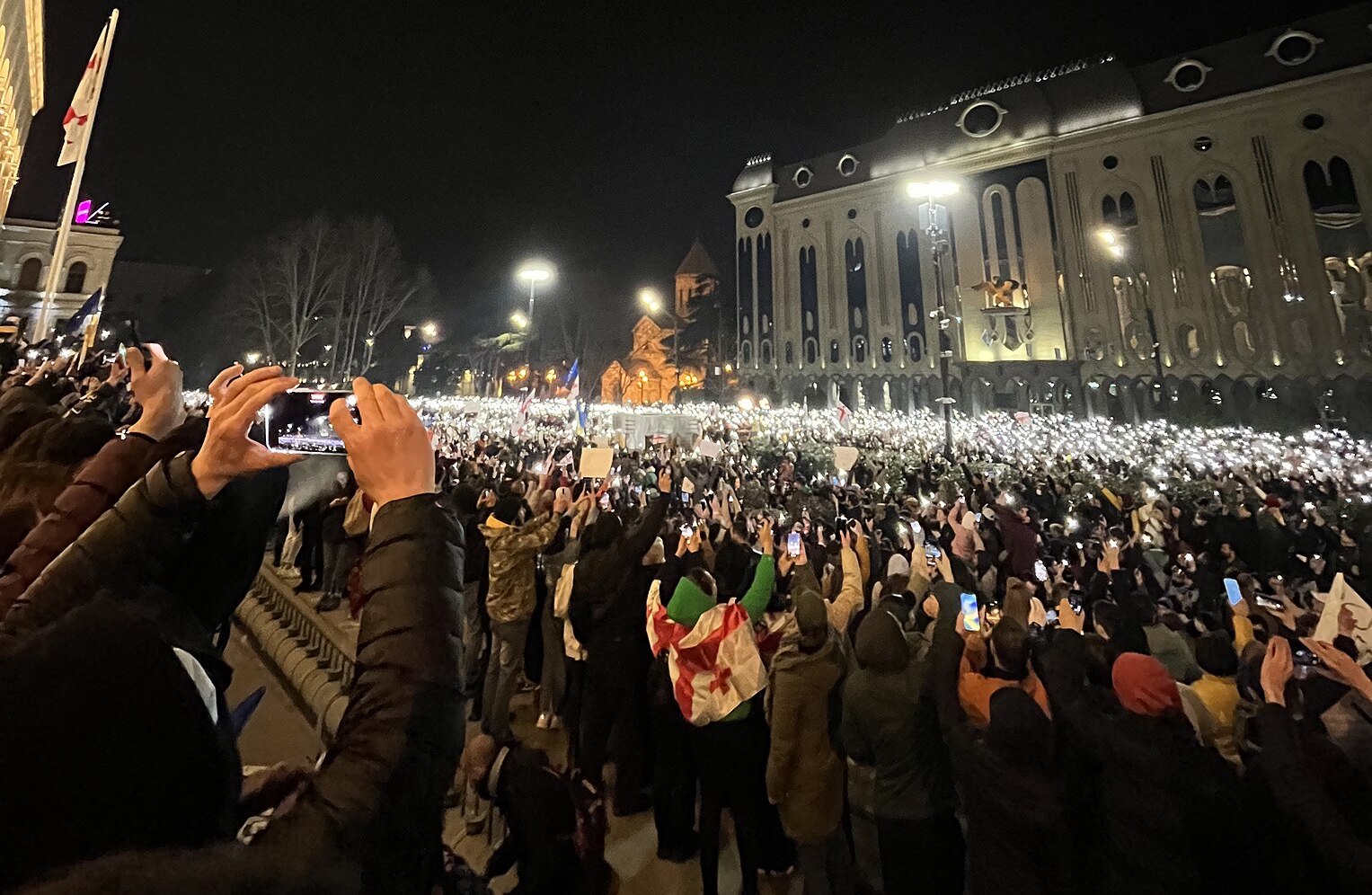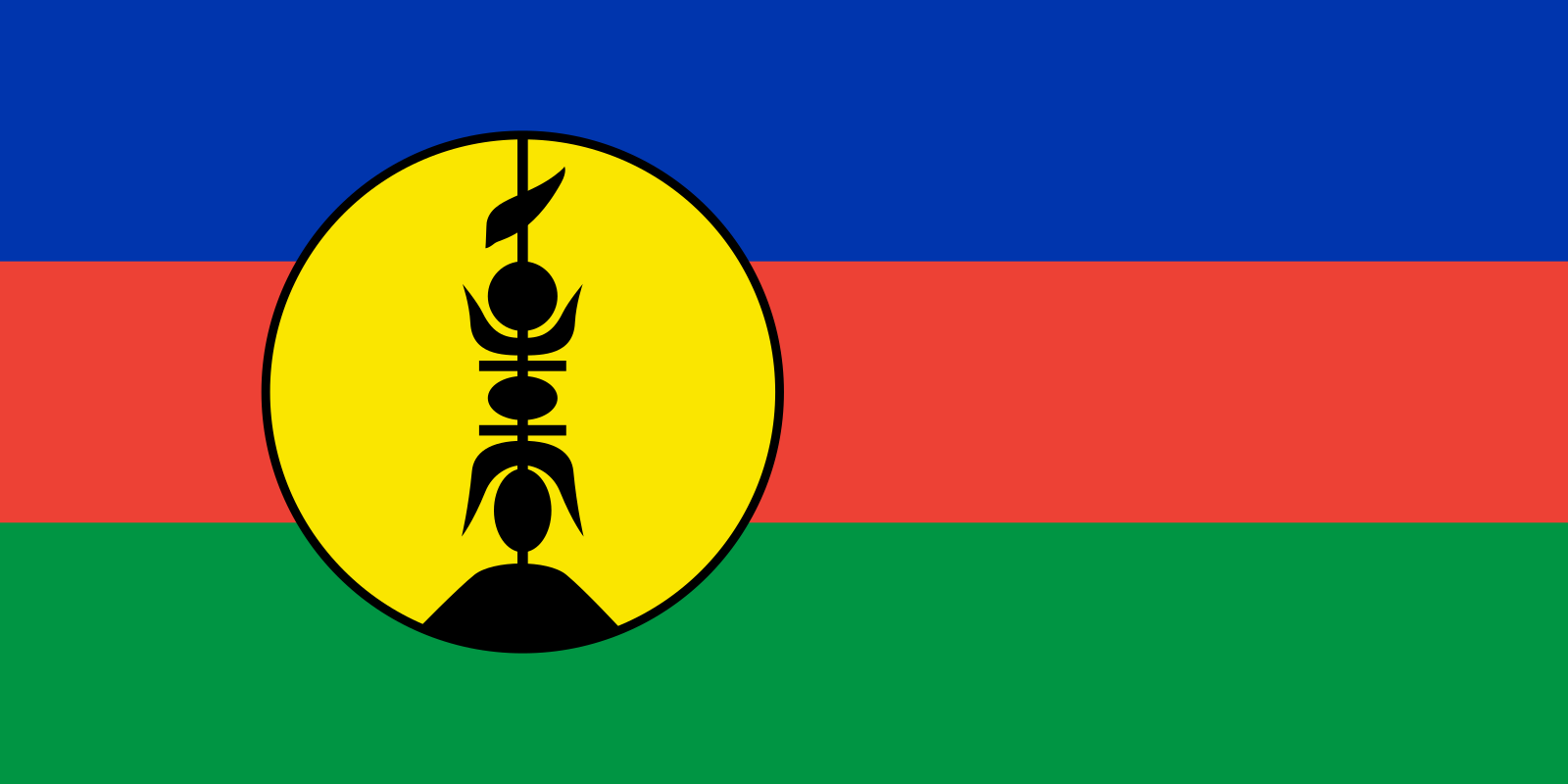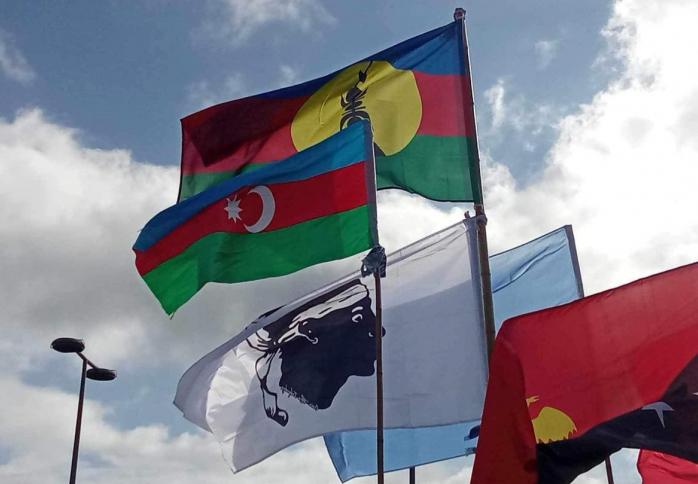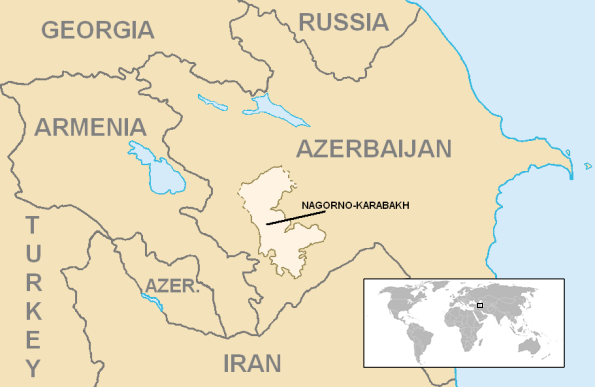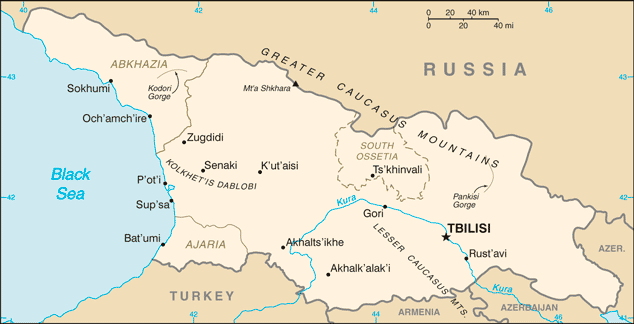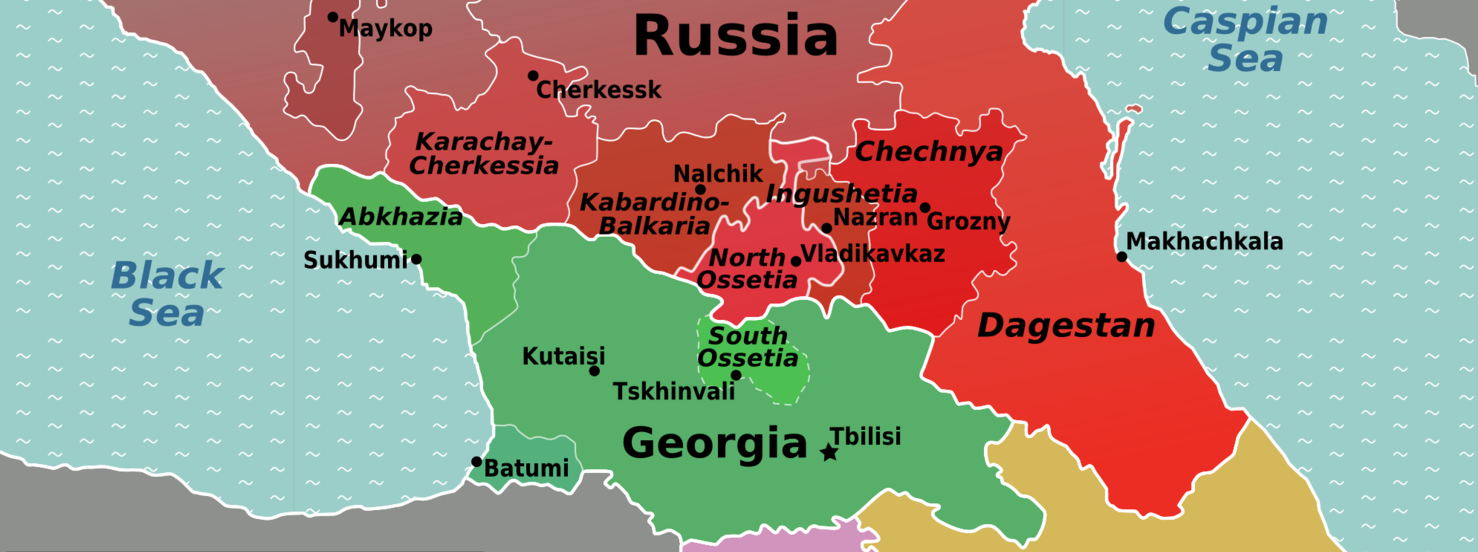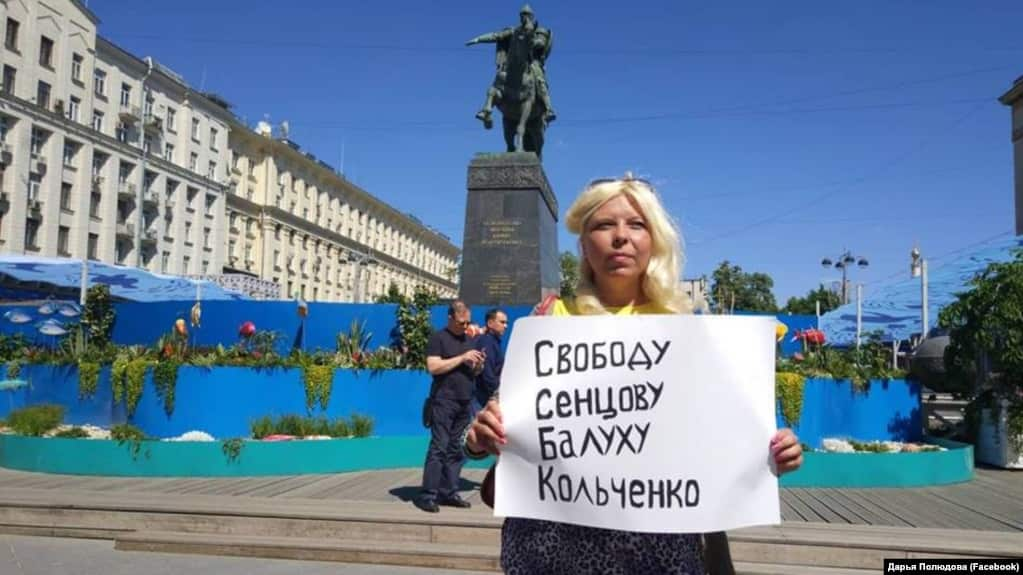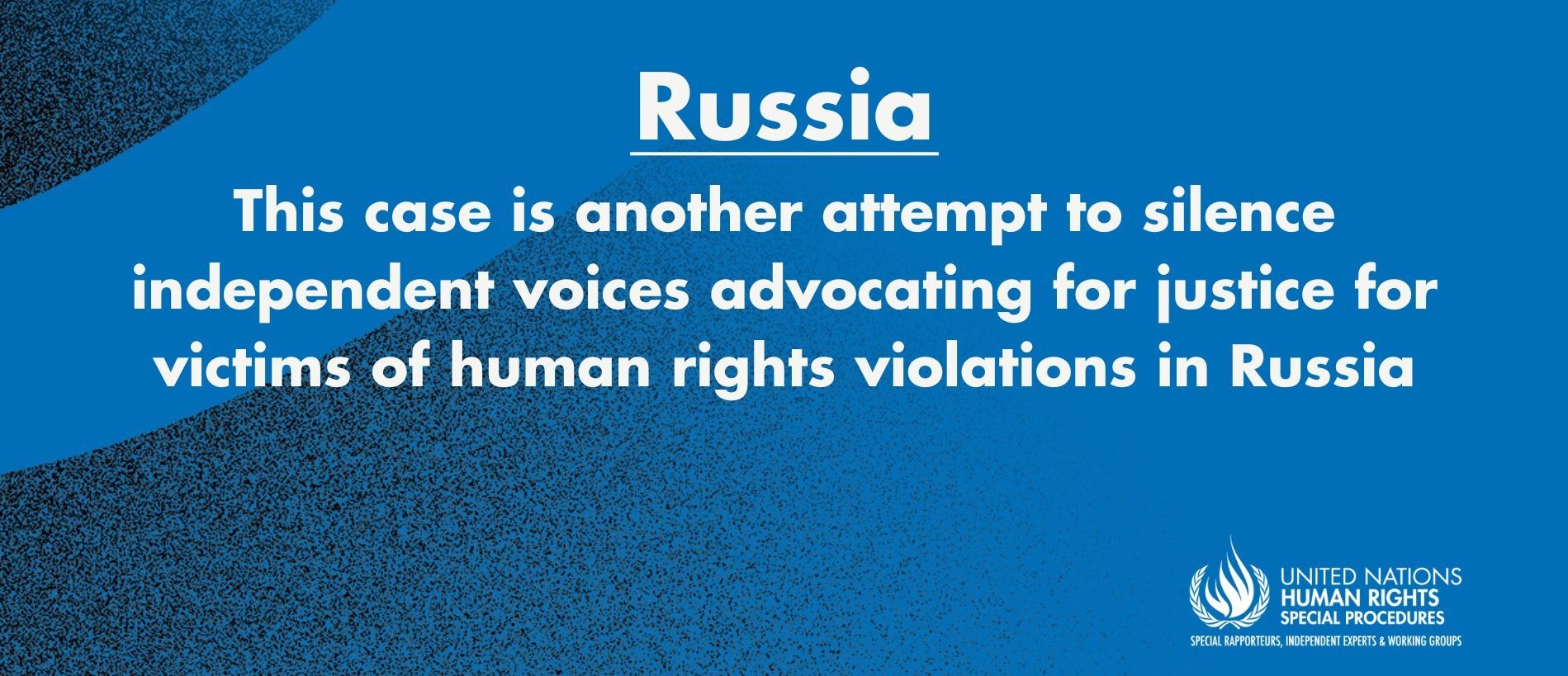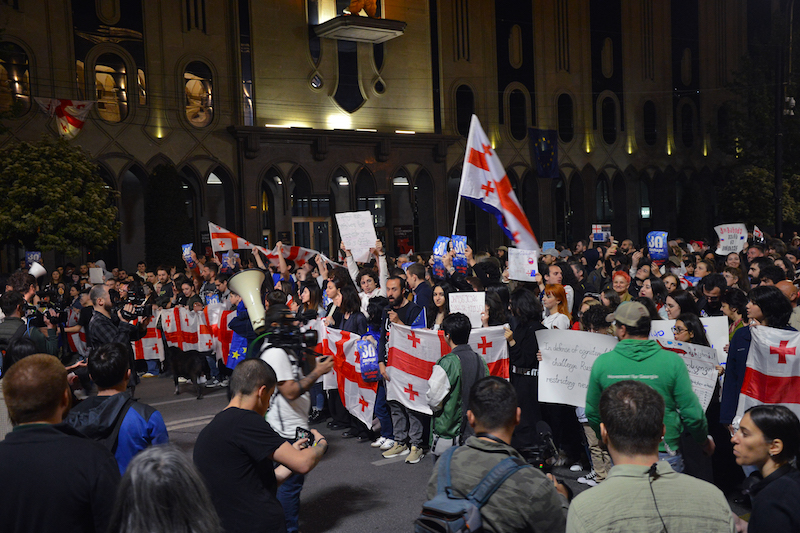
Georgia: opposition leaders arrested amid protests
Georgia police arrested several anti-government protesters, including two prominent opposition leaders, amid demonstrations demanding new parliamentary elections. Nika Melia, former chairman of the opposition United National Movement, and Gigi Ugulava, former mayor of capital Tbilisi, were detained as thousands of protesters attempted to block a highway entrance into the capital. Georgia has faced ongoing anti-government demonstrations since the immediate aftermath of October’s controversial parliamentary elections, and the subsequent decision of newly-elected Prime Minister Irakli Kobakhidze to suspend membership negotiations with the EU. The pro-EU president of Georgia, Salome Zourabichvili, has consistently refused demands that she step down and turn power over to a new president chosen by a special body appointed by the ruling bloc in parliament, which she rejects as illegitimate. Tensions escalated at the end of December, with the inauguration of the right-wing populist Mikheil Kavelashvili, leaving the country with two rival presidencies. (Photo: Jelger Groeneveld via Wikimedia Commons)



